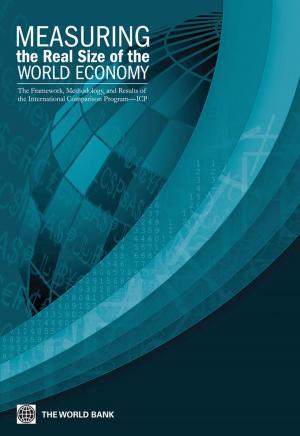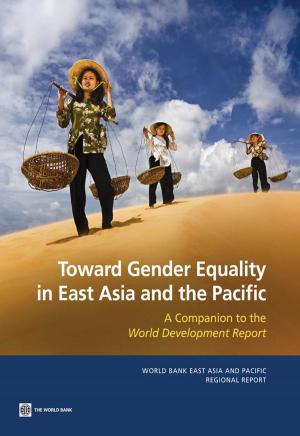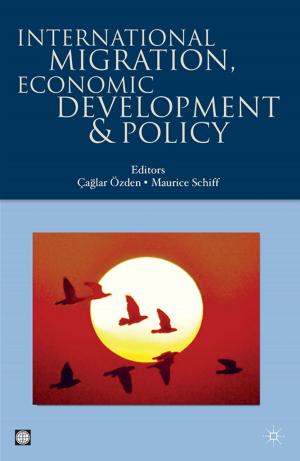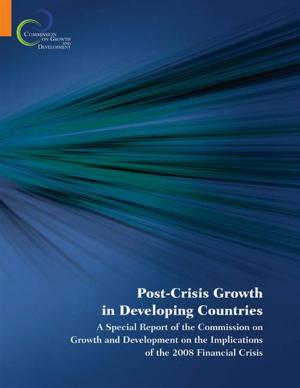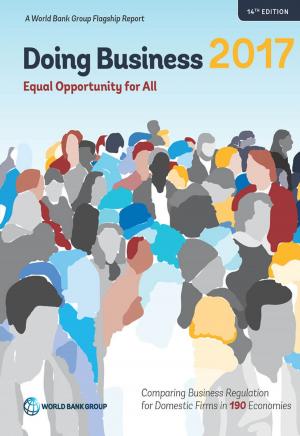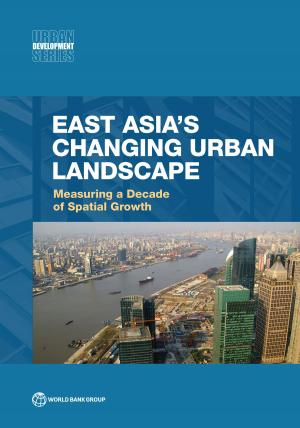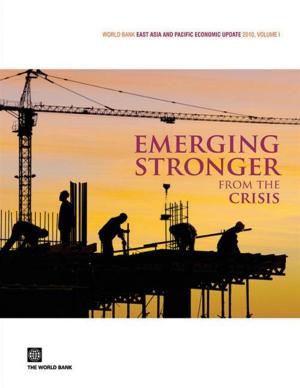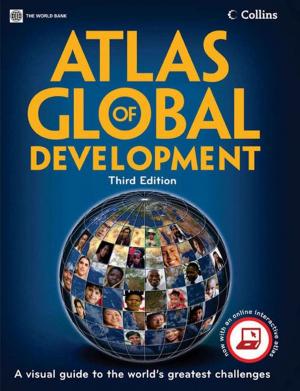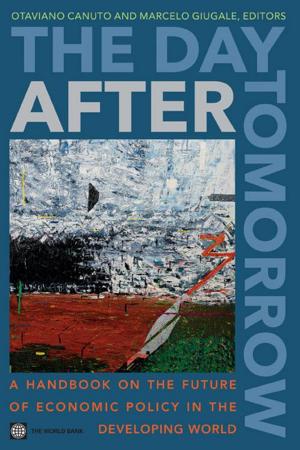The Microfinance Revolution: Sustainable Finance For The Poor
Business & Finance, Economics, Development & Growth| Author: | Robinson Marguerite S. | ISBN: | 9780821345245 |
| Publisher: | World Bank | Publication: | May 31, 2001 |
| Imprint: | Language: | English |
| Author: | Robinson Marguerite S. |
| ISBN: | 9780821345245 |
| Publisher: | World Bank |
| Publication: | May 31, 2001 |
| Imprint: | |
| Language: | English |
This book focuses on how the demand for microfinance can be met on a global scale. It documents the contributions of institutions and of people who have led the development of commercial finance for the poor, and it analyzes the principles on which the microfinance revolution is based. In sum, this work offers a detailed overview of the development of microfinance over the past 20 years; a global view of microfinance in the developing world (largely excluding Eastern Europe); a thesis on the future path of microfinance; a coherent theory about microfinance--why it works when so many other development interventions fail; detail on a number of important microfinance topics--such as informal moneylending and savings; an important study on, and lessons from Indonesia, with detailed analysis of Bank Rakyat Indonesia; and, brief studies of many other microfinance institutions in Africa, Asia, and Latin America.
This book focuses on how the demand for microfinance can be met on a global scale. It documents the contributions of institutions and of people who have led the development of commercial finance for the poor, and it analyzes the principles on which the microfinance revolution is based. In sum, this work offers a detailed overview of the development of microfinance over the past 20 years; a global view of microfinance in the developing world (largely excluding Eastern Europe); a thesis on the future path of microfinance; a coherent theory about microfinance--why it works when so many other development interventions fail; detail on a number of important microfinance topics--such as informal moneylending and savings; an important study on, and lessons from Indonesia, with detailed analysis of Bank Rakyat Indonesia; and, brief studies of many other microfinance institutions in Africa, Asia, and Latin America.


